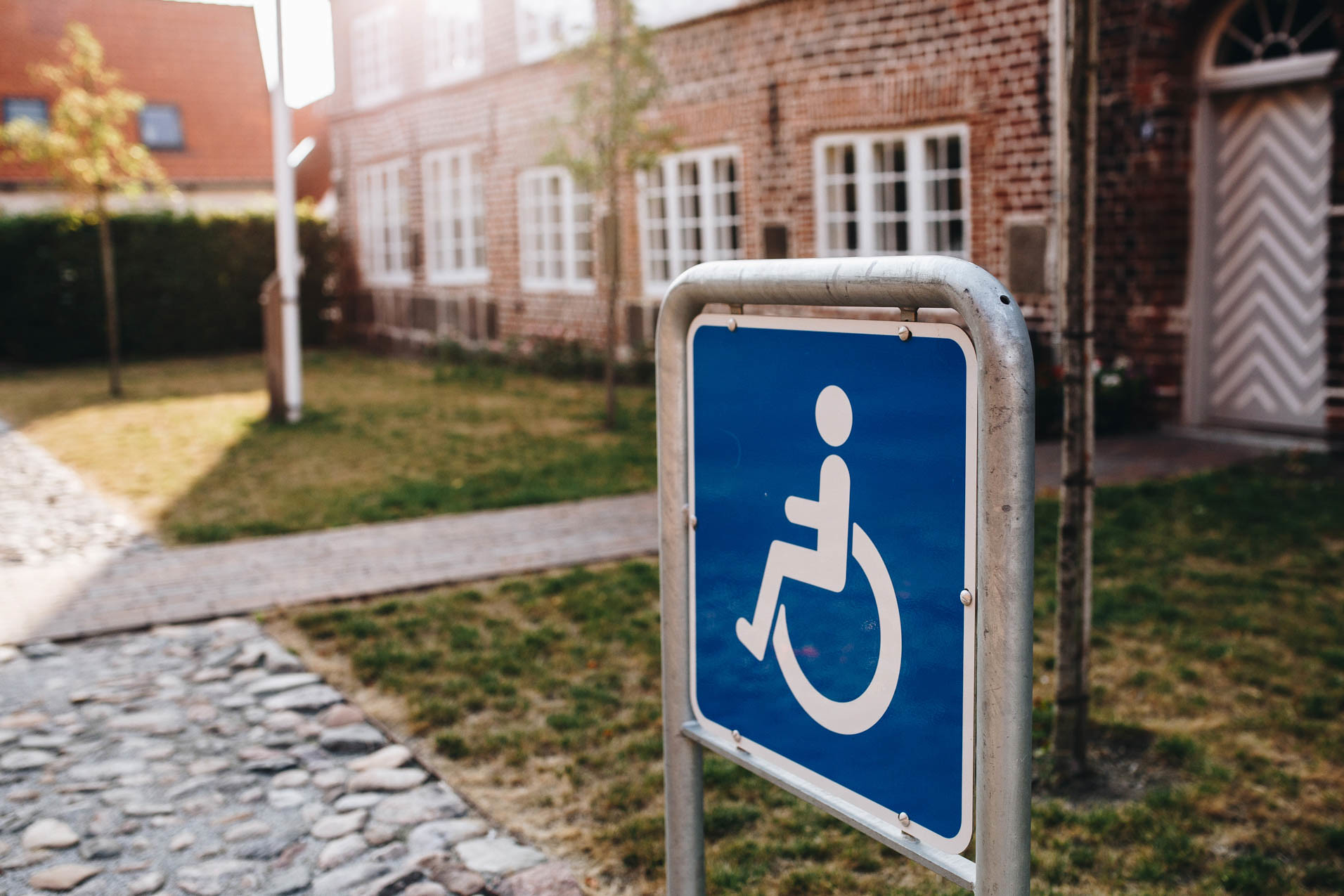
Comment Writer Sophie Utteridge argues that invisible disabilities are not taken seriously enough and explains how Purple Tuesday is fighting to change this issue
Think of a route you take to lectures or to work. Then think about how long that takes you. Do you have to climb any stairs or go through any heavy doors? Do you cross any roads that don’t have a crossing? Do you stop by your favourite coffee shop on the way? These things may seem unimportant. Afterall, it’s just the route you take every day, isn’t it? But for someone who is living with a disability, this isn’t just the route you take. Instead, it’s the obstacles you have to overcome. Obstacles like finding a route that doesn’t involve steps or having to cross a road that has no Accessible Pedestrian Signals (APS) or walking into a coffee shop and becoming overwhelmed by sights and sounds.
And it’s because of this that Purple Tuesday was created. This incredible campaign calls for international action, focusing on “changing the customer experience” for disabled people everywhere. This year, Purple Tuesday was on 12th November, aiming to educate us all about the struggles disabled people face each and every day. The simple, everyday tasks for one person…may actually be a real struggle for someone else
In the UK, 1 in 5 people have a disability or impairment with 80% of those disabilities being hidden or invisible. With invisible disabilities, it is often impossible to tell if someone needs help and this in turn can make it much more difficult for the person to ask. Bethan Rees, a campaigner for Scope in the #ScopeforChange campaign, says that it is the invisible disabilities that often have the most stigma surrounding them. “It is when people can’t see your disability and question if you’re actually disabled that is the worst,” she told me. Bethan is autistic and her Scope campaign is focused on improving autism awareness in mainstream education. When I asked her about her own experiences, she told me about how shops can sometimes be a struggle. “When shop attendants come up to you and ask you questions, it can be quite overwhelming for some of us, especially if the shop is already busy and loud. Our senses overload and that can be difficult to deal with.” Purple Tuesday say that 75% of disabled people have left a shop or a website due to accessibility issues and, after talking to Bethan, I can now see just how difficult it can be.
Why does the disability market remain virtually untouched when it holds so much potential?
But there is hope. All over the UK, schemes are being set up to eradicate social exclusion for disabled people. The Sunflower Lanyard Scheme is just one. It was first introduced in Gatwick Airport in 2016 and is now in major UK airports, shops and train stations. The good thing about it is that is doesn’t stigmatise, it doesn’t label and it doesn’t brand. It allows staff to ask those wearing them if they need a hand with anything and means that the disabled person themselves can tell them exactly what they need without any assumptions being made.
As always, so much more work needs to be done but it is important to remember that there are ways we can all make a difference. We need to be as open minded as possible and not fear what we can’t see just because we don’t understand it. The first step to inclusion is removing the stigma and maybe then businesses will be forced to make their shops and websites accessible for all.
Comments